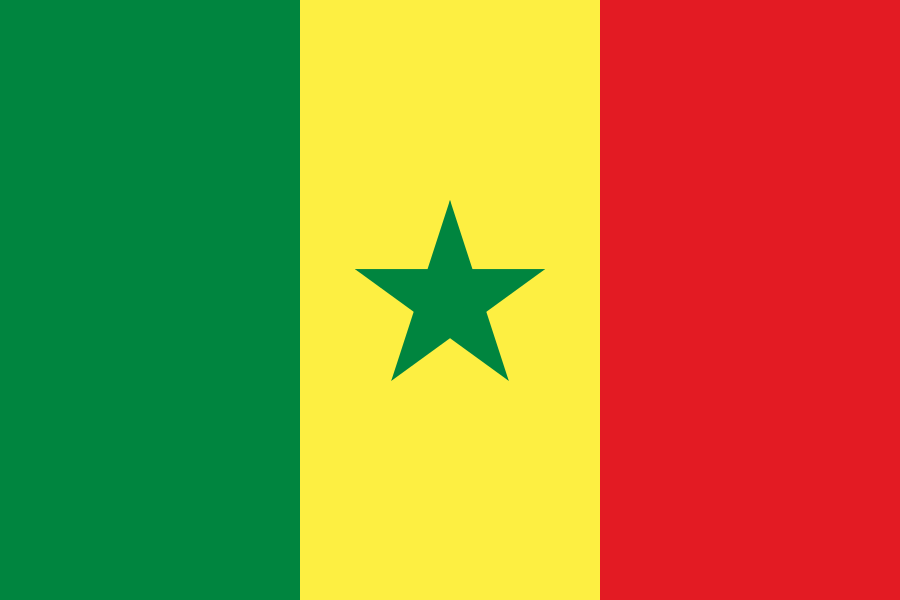TUNISIA has recorded 4,170 new confirmed coronavirus cases, a record since the start of the pandemic.
The country on Thursday imposed a four-day national lockdown and closed schools until Jan. 24 to combat a sharp rise in COVID-19 cases.
Other measures included rotating staffing in-state jobs to reduce people in offices and transport, longer curfew hours and the removal of all chairs from cafes.
Coronavirus cases have been rising fast in Tunisia, which had managed to contain the virus last year. They have now reached 175,065 cases and 5,528 deaths.
With intensive care units in most public hospitals full and the sharp rise of infections and deaths, officials suggested extending the lockdown for at least two more weeks.
COVID-19, the virus that has killed over 34 000 South Africa and infected over 1.2-million has put brakes on the Zondo Commission into state capture.
The presiding officer, Deputy Judge President Judge Zondo was forced to stop the hearings after the lunch break because he had come into contact with someone who has tested positive for COVID-19.
Zondo, following the government’s COVID-19 protocols, stopped the hearing and has gone into isolation. It is expected that the commission staff that has been in contact with him would also go into isolation.
“We are supposed to continue but we are unable to because we have received news that somebody that works closely with me has tested positive with Covid 19. It seems that in those circumstances because I am required to isolate myself that we can’t proceed in this form,” Zondo said.
The Deputy Judge President adjourned the hearing and said the commission would look into ways through which the testimony of Brian Molefe, the former CEO of power utility Eskom, can continue. This would include continuing with the hearing virtually.
Molefe testimony is on his tenure at Eskom, his relationship with the Gupta family and their associates.
Source – Thomson Reuters Foundation
SENEGAL does not have the capacity to store COVID-19 vaccines at ultra-low temperatures and would prefer to receive vials that can be kept for longer under ordinary refrigeration, the head of the country’s vaccination programme said on Monday.
A lack of cold storage means Senegal would only be able to keep vaccines developed by AstraZeneca and Oxford University, by China or Russia in the long term, as they do not require a deep freeze, Ousseynou Badiane told Reuters.
Those being distributed by Moderna, which require storage at minus 20 degrees Celsius (-4 F), and Pfizer and BioNTech, which need to be kept at -70 degrees Celsius, are less desirable. Senegal could store the Moderna vaccine for 30 days and the Pfizer one for seven days but after that they would be spoiled, Badiane added.
The Moderna and Pfizer vaccines “are not our first choice. Our first choice is the vaccine that fits easily into the system that exists, that doesn’t require major investment,” Badiane told Reuters.
“If the vaccines are not used (in the right time frame) that would be an enormous waste.”
The situation in Senegal highlights the problems that poorer countries with hot climates face in storing and distributing vaccines, often in rural areas with unreliable power supplies.
It also shows how far behind some African countries are in preparing to receive vaccines even as COVID-19 cases surge to record levels.
Millions have already received inoculations in Western countries and China, while Senegal is awaiting vaccines through the World Health Organization-backed global COVAX scheme. This programme is helping to finance deliveries to 92 developing nations with limited or no means to buy vaccines on their own.
Senegal is no stranger to vaccination campaigns.
In four walk-in cold rooms in the capital Dakar, authorities keep thousands of vials of yellow fever and hepatitis B vaccines at between 2 and 8 degrees Celsius. It has one room that keeps oral polio vaccines up to minus 25 degrees Celsius.
At the Fann hospital in Dakar, technicians are installing seven new such rooms. But for now the lack of deep refrigeration limits the country’s options.
“If the option now is to take the (Pfizer or Moderna) vaccines we… would have to redo all our logistics,” Badiane said.
A conspiracy theory linking 5G mobile telecommunications masts to the spread of the coronavirus is baseless and fake, South Africa’s telecom regulator has said after towers in KwaZulu-Natal province were torched last week.
Reiterating the regulator’s position, the chairman of the Independent Communications Authority of South Africa (ICASA) Keabetswe Modimoeng in a statement urged people “not to be swayed by these conspiracy theories that are hell-bent on bringing instability and fear within the nation.”
This came after about four towers belonging to Vodacom and MTN were burnt and destroyed between Tuesday and Wednesday last week in KwaZulu-Natal province following a resurgence in theories linking the emergence of COVID-19 to 5G technology.
Some of the frequencies trailed for 5G deployment by industry players were assigned way before the outbreak of the novel coronavirus in 2020, ICASA, South Africa’s telecoms regulator, said.
The regulator added that approved “electronic communications facilities” provided in the country adhere to prescribed standards and that there is no evidence they pose any health risks to the country or its citizens.
“We all need to rely on scientifically-based evidence and refrain from these baseless theories. Such fake theories can only cause despair and unnecessary technophobia among South Africans and must be strongly condemned”, said Modimoeng.
A range of groups in South Africa, like those across the globe, have opposed the advent of 5G, mostly over concerns that radio waves could damage human health.
Both MTN and Vodacom have also debunked the theories.
The two mobile network operators began rolling out 5G across the country last year and aim to accelerate the roll-out once spectrum has been auctioned by the end of March 31.




